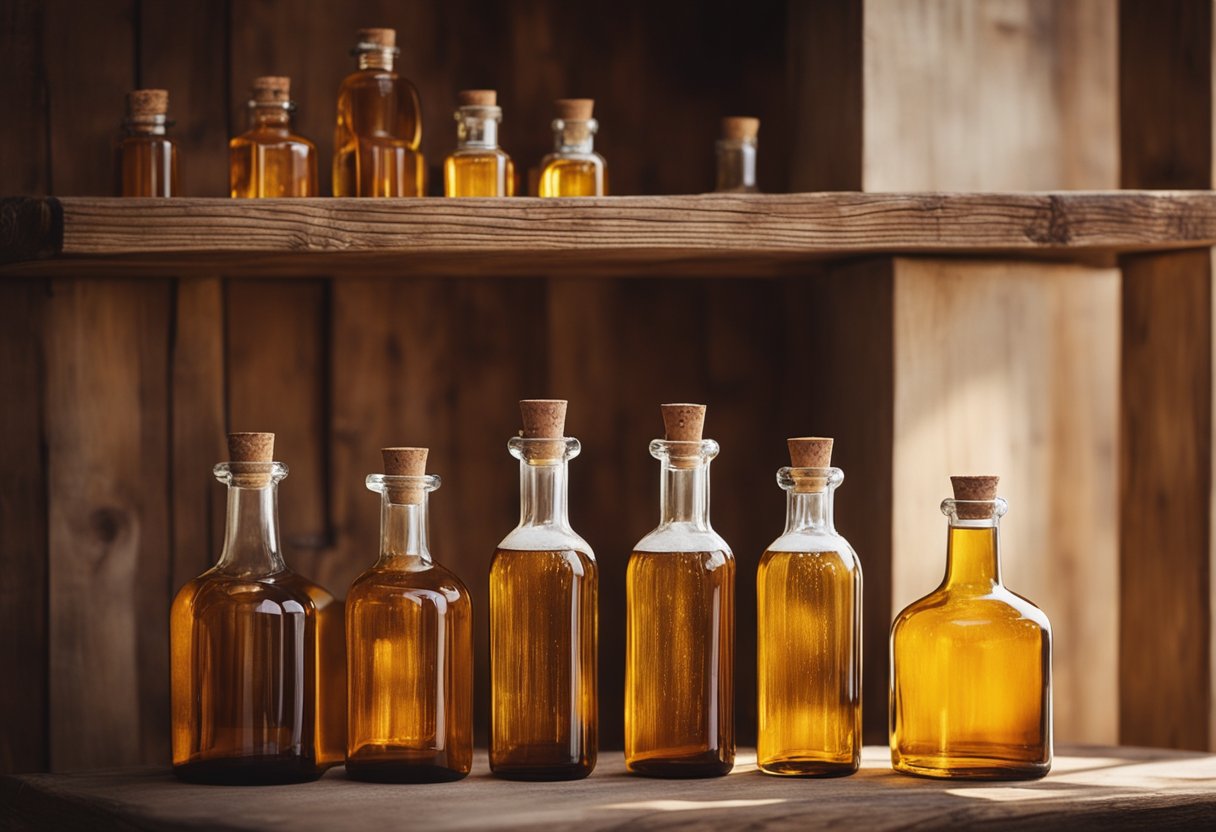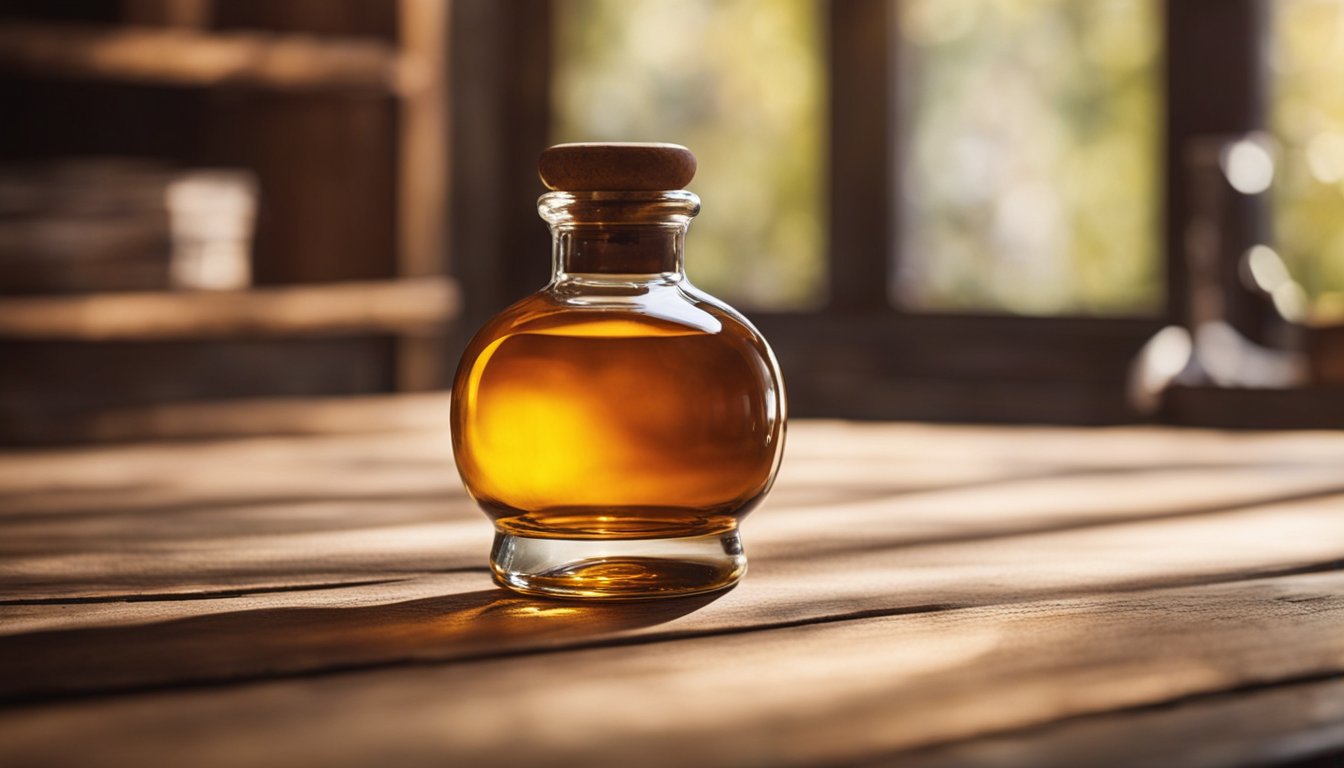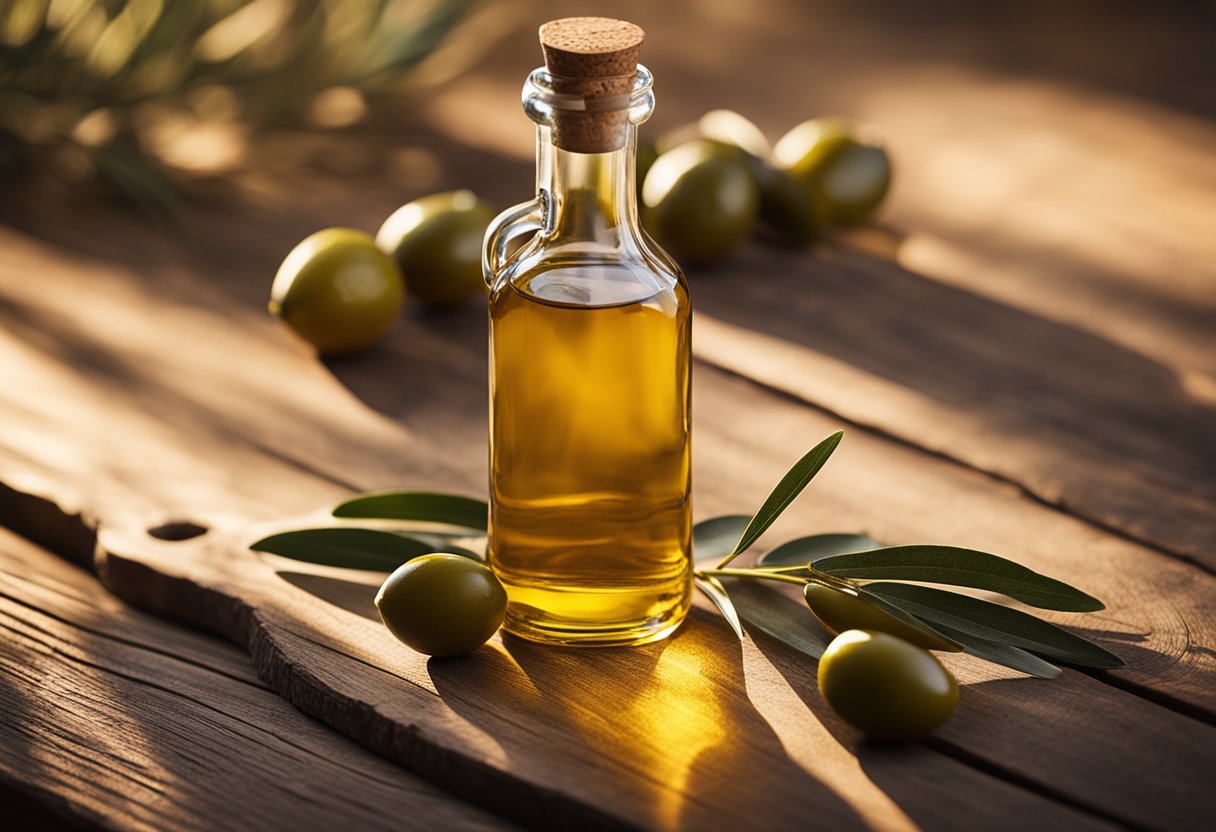There are many meaningful festivals in February and March, have you prepared your festival wine bottles for this?
According to the National Retail Federation, Americans plan to spend an average of $786.42 on holiday gifts this year – a 4 percent increase from last year’s average of $763.60 per shopper.
In addition to spending more on gifts, holiday shoppers are also planning to spend more than they did last year on alcohol – which is good news for the beverage industry.
This means that you need to start preparing your wine bottles for these upcoming festivals. Wine is a very popular gift during the holidays and Valentine’s Day, so it’s important to make sure that you have enough wine bottles in stock.
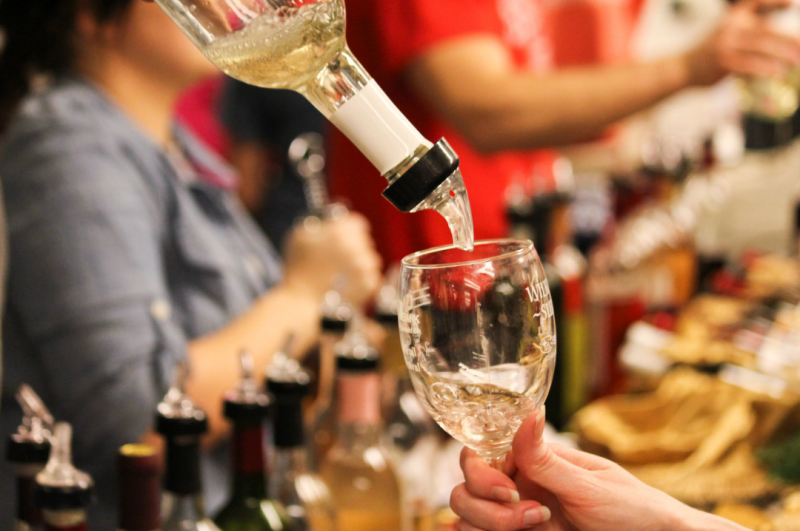
Holiday Alcoholic Beverages Are On Consumers’ Must-Buy Lists:
The holidays are a time for celebrating with friends, family, and loved ones. And whether you’re hosting a party or attending one, it’s important to make sure there’s plenty of alcohol on hand.
But what types of drinks should you stock up on? According to recent data from Mintel, consumers are most likely to buy beer and wine during the holiday season. In fact, nearly one in five (18%) consumers say they’ll buy beer for their holiday parties, while just over half (51%) say they’ll purchase wine for the same purpose.
So this has created a situation where festive wine sells well. If you want to gain more consumers’ favor in this market, what can you do?
- There are a few things you can do to boost sales. First, make sure your packaging looks festive. Consumers will associate your product with the season if it has colors or designs that match their perception of Christmas and New Year’s Eve.
- Second, offer discounts on your products during the holiday season. This is especially true if you’re selling wine; consumers love a good deal and would rather spend less than more money on holiday gifts for friends and family members.
- And finally, the one that works the most: Serve your booze with a batch of festive wine bottles.
It Is Very Important To Plan Ahead For Festival Wine Bottles:
As a merchant, paying attention to every festival and preparing for festival marketing before the festival is an important prerequisite for gaining more benefits.
Because there are a lot of things you need to plan and prepare before the festival or vacation, you need time to prepare it all. And it’s best to allow yourself a buffer time to make sure your festive wine bottles are perfect.
Here are some suggestions for what you can prepare for festive wine bottles:
1. Choose a design:
It’s important to select the right design for your festive wine bottles because it will affect how your customers perceive your brand. You can choose a classic label design or try something more modern. But whatever you decide on, make sure that it fits with the theme of the festival.
2. Choose a bottle:
The next step is to choose the perfect bottle for your wine. You can use traditional bottles or something more unique depending on what you want to convey about your brand.
3. Choose the right label:
The last step is to choose the perfect label for your wine bottle. You can use a standard label or create a unique one that reflects your brand.
Tips For Important Festivals In February And What Kind Of Wine Bottle Is More Popular:
Valentine’s Day is just around the corner. The holiday is celebrated by couples on February 14, but it also has become a day for family and friends to express their love and affection for one another.
As February comes to a close, so does the month of love. But there are still many other festivals that take place in February, from St. Patrick’s Day to Mardi Gras.
February is a month with a lot of festivals. It’s a time when people celebrate the arrival of spring and the end of winter. Many popular festivals around the world take place in February.
Mardi Gras, New Orleans, Louisiana
This is one of the biggest festivals in February and it takes place on the day before Ash Wednesday. It’s been celebrated by people in New Orleans for over 300 years now. People celebrate it by eating delicious food and wearing costumes. They also throw beads, flowers, and other items at each other during this festival.
You can make a festive wine bottle, especially for this carnival. You can engrave carnival elements on the bottle, or add some interactive copywriting and other designs. For example, you can add an engraving that says “Bottoms up”, or write “Kiss me, I’m Irish” on the wine bottle. You can also engrave a pair of lips on the bottle, or draw a bead necklace around the neck of your wine bottle.
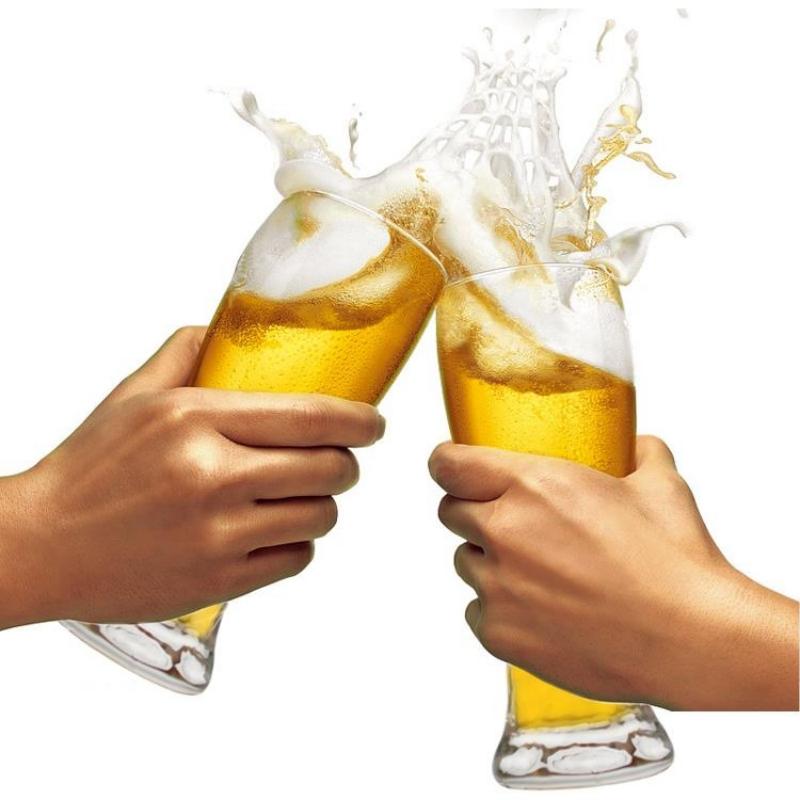
You can customize these festive wine bottles in advance through CUICAN to make your products more popular! At the same time, you can also leave a deep impression on your consumers.
CUICAN Will Help You Customize Wine Bottles With Festive Atmosphere:
When it comes to holidays, people like to celebrate in a big way. And what better way to do that than to make your own wine bottles? CUICAN is a company that makes it easy for you to create customized wine bottles with a festive atmosphere.
The company offers various designs of wine bottles including personalized ones for any occasion. You can choose from different designs or get creative and make your own design. The process is very simple and you can even add your own pictures or text on the bottle!
If you want an even more personal touch, you can also add a message printed on the inside of the bottle. This makes for a great gift for friends and family or just as a special treat for yourself! The possibilities are endless when it comes to creating custom wine bottles with CUICAN!








